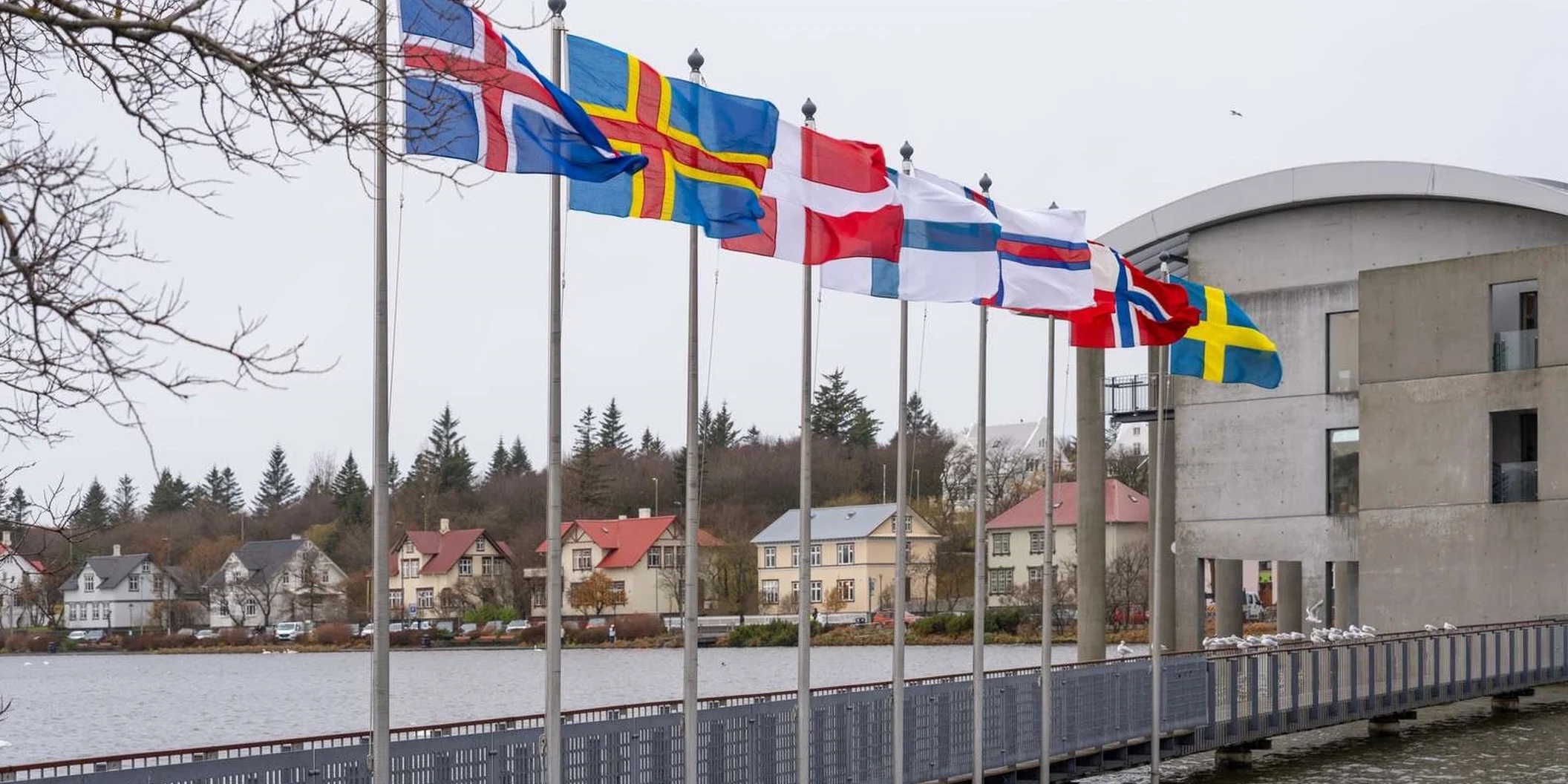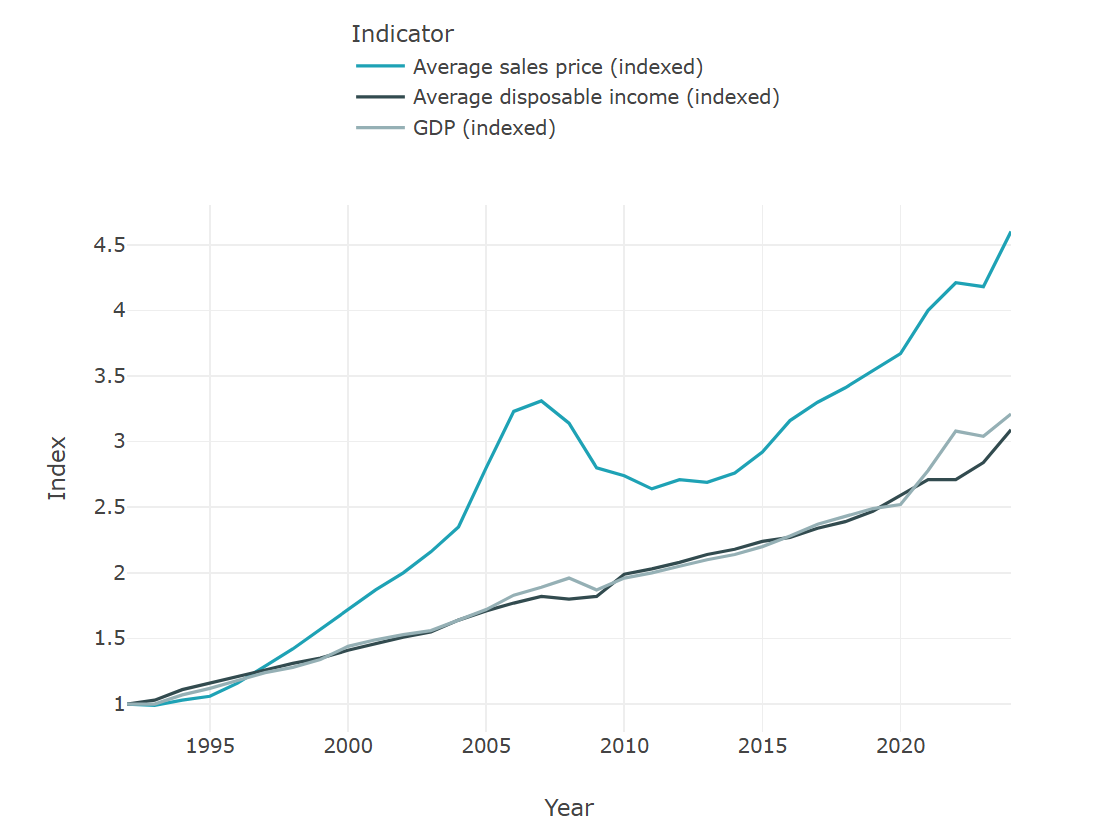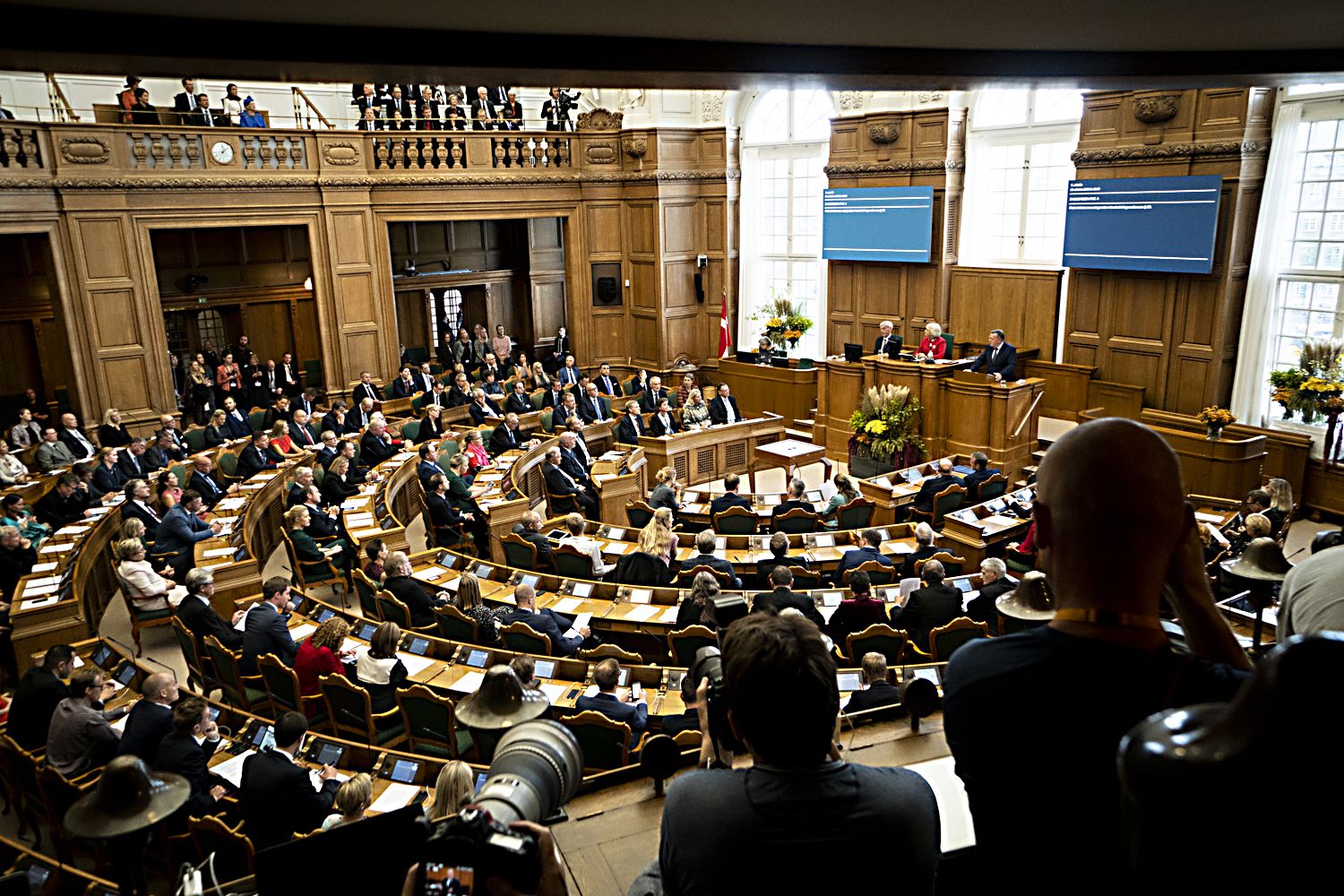The Nordic’s five countries and three autonomous regions convened high-ranking decision-makers in Iceland on Sunday for the Nordic Council of Ministers’ annual four-day meeting.
The so-called ‘ordinary session’ convenes Nordic Council parliamentarians, state leaders and government ministers from Denmark, Sweden, Norway, Iceland, Finland, the Faroe Islands, Åland and Greenland.
This year’s theme is ‘Peace and Security in the Arctic’.
The Arctic is acutely geopolitically sensitive; the countries with sovereign territory in the region, besides the five Nordic countries, are Canada, the US and Russia.
Together they sit on another council – The Arctic Council, which operates the same rotating chairmanship principle as The Nordic Council.
However all official meetings of this body were paused in March 2022 with Russia’s invasion of Ukraine, when the seven other member states refused to convene under Russian chairmanship.
In 2023, Norway took over the council, but project-level work is yet to resume in earnest. With Arctic Council meetings on hold, and Denmark due to take over its chairmanship in 2025, this year’s Nordic Council meeting has become, by proxy, the most influential geopolitical forum for the region’s development.
Read next: Denmark will chair the Arctic Council in 2025 – what is it up against?
President of the Nordic Council Bryndís Haraldsdóttir said of this year’s session: “I think it has never been more important that we gather within the Nordic family to talk about what characterizes us as a region, and how we can stand strong together in these uncertain times.”
War talks on the sidelines
Nordic leaders are joined in Reykjavík by guest speakers Ukrainian President Volodymyr Zelenskyj, and the leader of the democratic movement in Belarus Svjatlana Tsichanoŭskaja, who will speak on the importance of Nordic support in the work for democracy in Belarus.
Nordic Council director Kristina Háfoss underscored that “strong support” for Ukraine is core to the Council’s geopolitical position: “The work for democracy, the rule of law and human rights is an important part of the Nordic Council’s international strategy,” she said.
During his visit to Iceland, Zelenskyj will also attend bilateral meetings with Nordic Prime Ministers and deliver a joint press conference.
Climate on the agenda
Security and defence has been a focal point in the Council’s recent work, with Sweden’s ascension to NATO, Moscow’s rearmament of its Arctic territories, and NATO’s large-scale cross-border military training in the region.
But under the banner of peace and stability, climate change will feature significantly this year.
“Our ambitions to counteract climate change, which affects the Arctic faster than most other places in the world, can also be closely linked with our work for peace and security,” said Vice President of the Nordic Council Oddný G. Harðardóttir.
Ahead of this year’s meeting, 44 climate scientists have issued an open letter to the Nordic Council, imploring decision-makers to address the risk of “catastrophic” climate change in the Arctic region.
The scientists, representing research institutions from 15 different countries, urge the Council to adopt mitigation measures against “the serious risk of a major ocean circulation change in the Atlantic” in the coming decades that “would have devastating and irreversible impacts especially for Nordic countries”.
They warn that several ice, permafrost and water-circulation systems in the region are “vulnerable to major, interconnected nonlinear changes” when the earth’s atmosphere warms by 1.5 to 2 degrees – but that we are heading “well beyond this range” towards 2.5 degrees, according to the IPCC.
This will cause “major cooling in the region while surrounding regions warm” and “unprecedented extreme weather”, which “would potentially threaten the viability of agriculture in northwestern Europe”, state the signatories.
In such a severe climate catastrophe, adaptation is not a viable option they explain. The Council of Nordic Ministers should therefore work to assess and minimise the risk as much as possible.
“This could involve leveraging the strong international standing of the Nordic countries to increase pressure for greater urgency and priority in the global effort to reduce emissions as quickly as possible, in order to stay close to the 1.5 degree target set by the Paris Agreement,” write the scientists.













